Parliament Approves Ruto’s IEBC Nominees
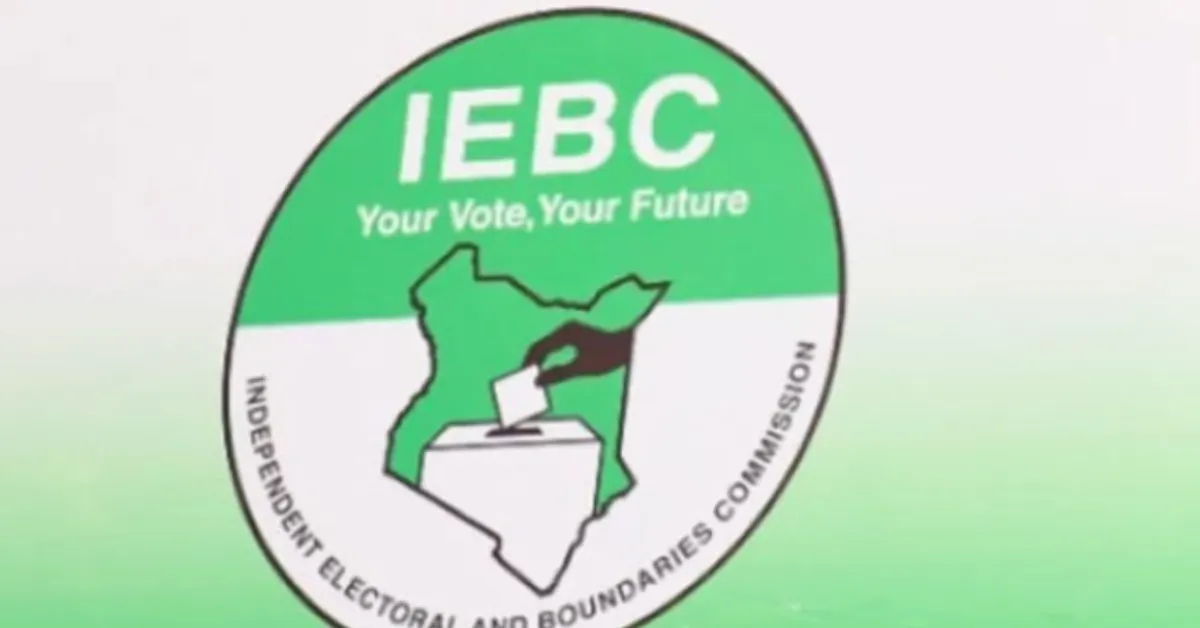
The appointment of new commissioners to Kenya's Independent Electoral and Boundaries Commission (IEBC) is nearing completion, pending parliamentary approval and the resolution of ongoing legal challenges.
The National Assembly's Justice and Legal Affairs Committee (JLAC) has endorsed all seven nominees, urging the House to adopt its report and clear the way for their formal appointment. However, a court order currently bars their swearing-in, pending judicial review of a case questioning their nomination.
Led by Tharaka MP George Murugara, JLAC presented its findings to Parliament, confirming that each nominee met the constitutional requirements for the roles. The committee emphasised the rigorous vetting process used to ascertain their suitability for leading the electoral body. The decision now rests with the full National Assembly, which must ratify or reject the committee's report.
The legal landscape surrounding these appointments remains complex. During vetting, nominees faced intense scrutiny regarding their political affiliations and commitment to impartiality. Lawmakers questioned their perceived ties to influential politicians, raising concerns about the commission's credibility. The nominees consistently denied any political bias, affirming that their decisions would adhere strictly to constitutional principles.
Erastus Ethekon, the nominee for IEBC chairperson, addressed questions about his alleged connections to State House through former Turkana governor Josephat Nanok. Ethekon defended his independence, assuring that external influences would not affect his leadership. He emphasised the clear guidelines within Kenya's electoral framework, which he intends to follow without deviation.
Financial disclosures were also examined, with Ethekon reporting a net worth of Sh276 million. Such disclosures, standard in public vetting, generated discussion about the backgrounds of those entrusted with safeguarding electoral integrity. Ethekon pledged to restore public confidence by ensuring credibility and transparency in future elections.
One prominent issue during vetting was the increasing apathy among Kenyan voters, particularly the youth, who question the value of electoral participation. JLAC members expressed concern about declining voter registration, citing a trust deficit between citizens and the electoral body. Nominees pledged to address these concerns by reinforcing the integrity of election processes and actively engaging voters to rebuild confidence.

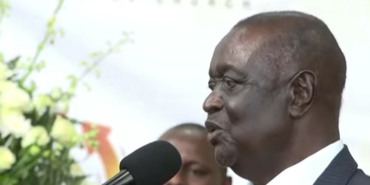






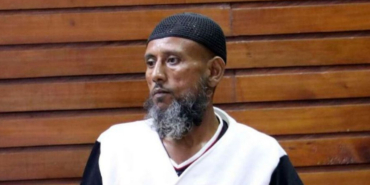
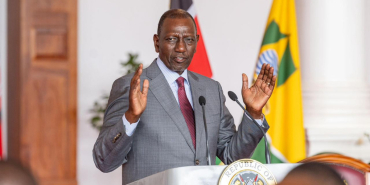
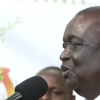



Add new comment